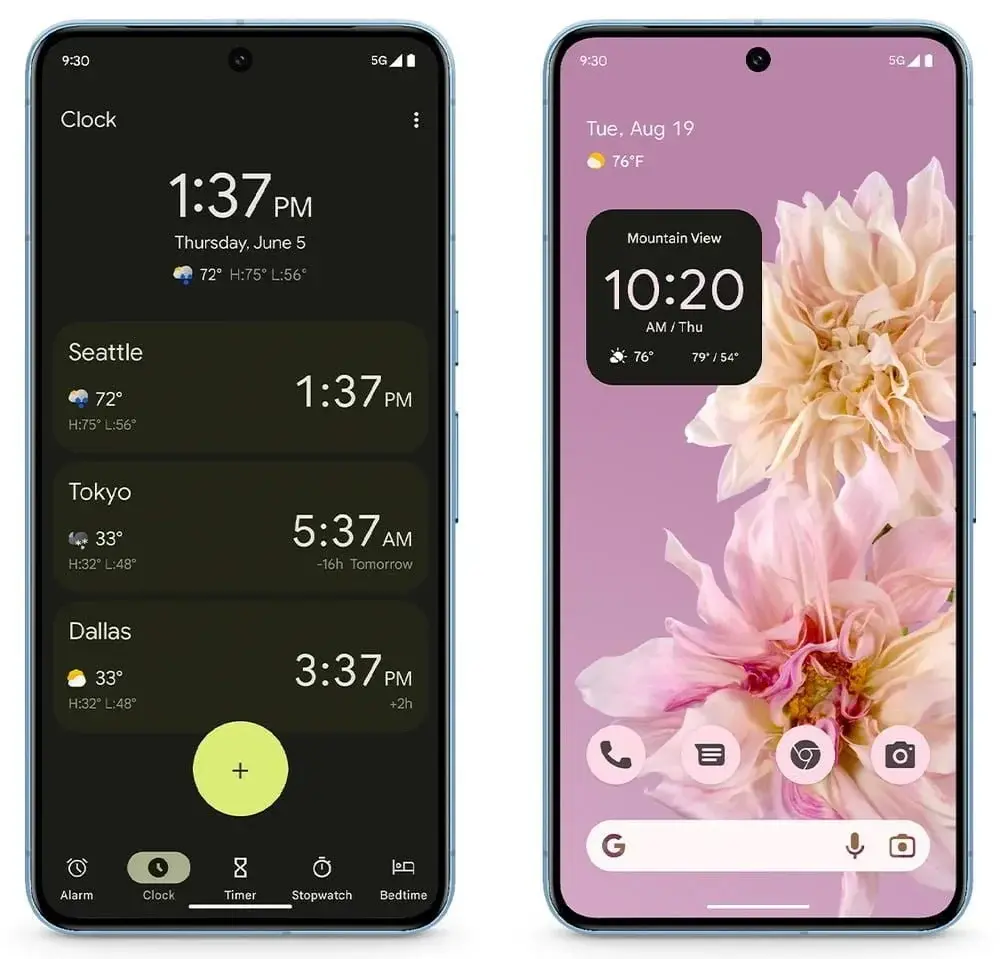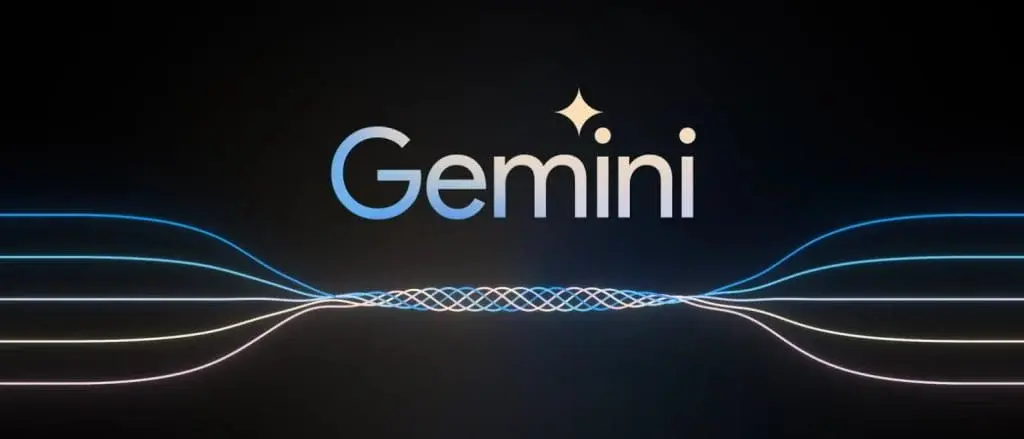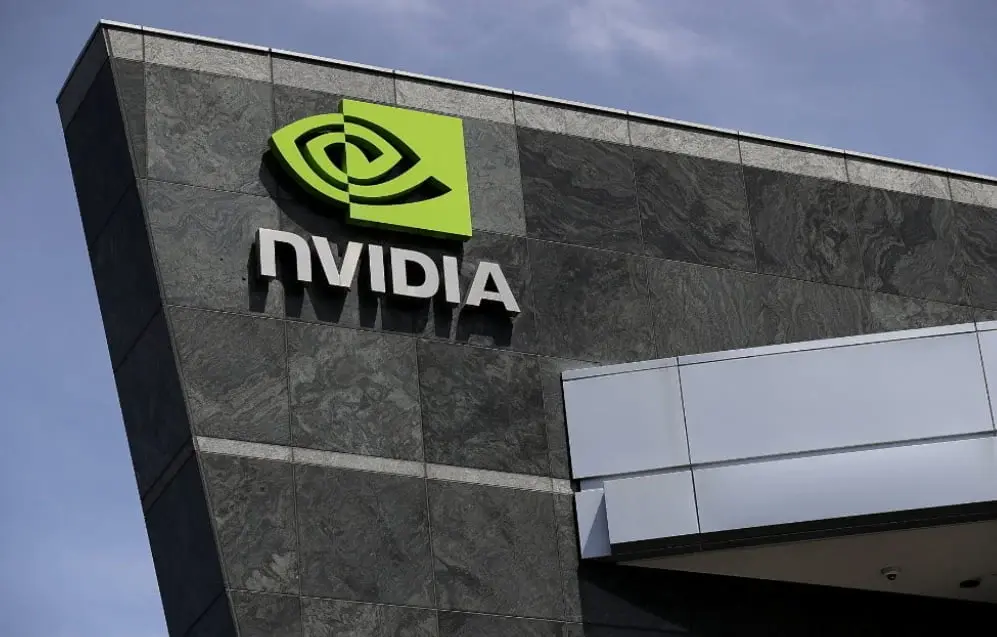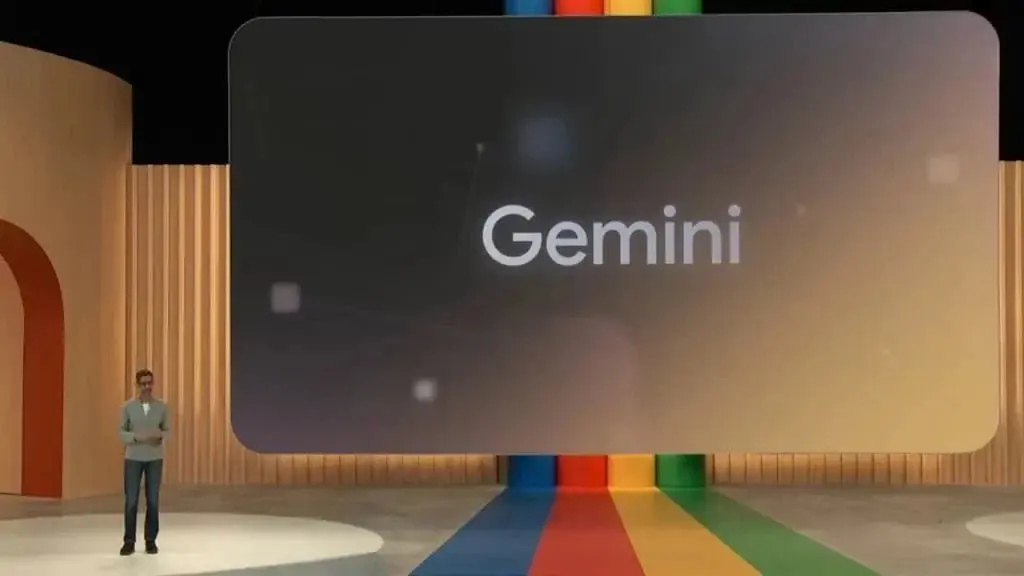Meta’s “Imagine with Meta AI” Uses 1.1 Billion Instagram and Facebook Photos
Meta, the company behind popular social media networks like WhatsApp, Facebook, and Instagram, has recently unveiled its latest artificial intelligence (AI) technology called “Imagine with Meta AI.” This free image generator website has gained significant attention and praise for its capabilities. However, recent revelations about the product have left many surprised. Here are the details.
Training Data: 1.1 Billion Public Photos
To develop “Imagine with Meta AI,” Meta utilized a vast dataset consisting of 1.1 billion photos from Instagram and Facebook. This staggering number has raised concerns about user privacy and data protection. As a company with access to vast amounts of user information, Meta has faced scrutiny in the past regarding its handling and monetization of data.
In response to these concerns, Meta clarified that the AI model was trained exclusively on publicly available photos. They emphasized that user privacy was not compromised in the process. While using public posts for training purposes may not violate privacy standards, some individuals still perceive it as a potential breach of personal data protection.
Reassurance Amidst Concerns
Meta attempts to alleviate concerns by highlighting the sheer volume of photos uploaded to platforms like Instagram on a daily basis. With approximately 95 million photos and videos uploaded daily on Instagram alone, the likelihood of any individual’s photos being used in the training data is relatively low. Therefore, while concerns about data usage persist, the scale of the dataset should be taken into consideration.
Availability and Future Expansion
Currently, “Imagine with Meta AI” is only accessible to users in the United States. However, Meta plans to expand its availability to other countries in the near future. As AI technologies continue to evolve and become more integrated into our daily lives, it is crucial for companies like Meta to address concerns surrounding data privacy and protection.










